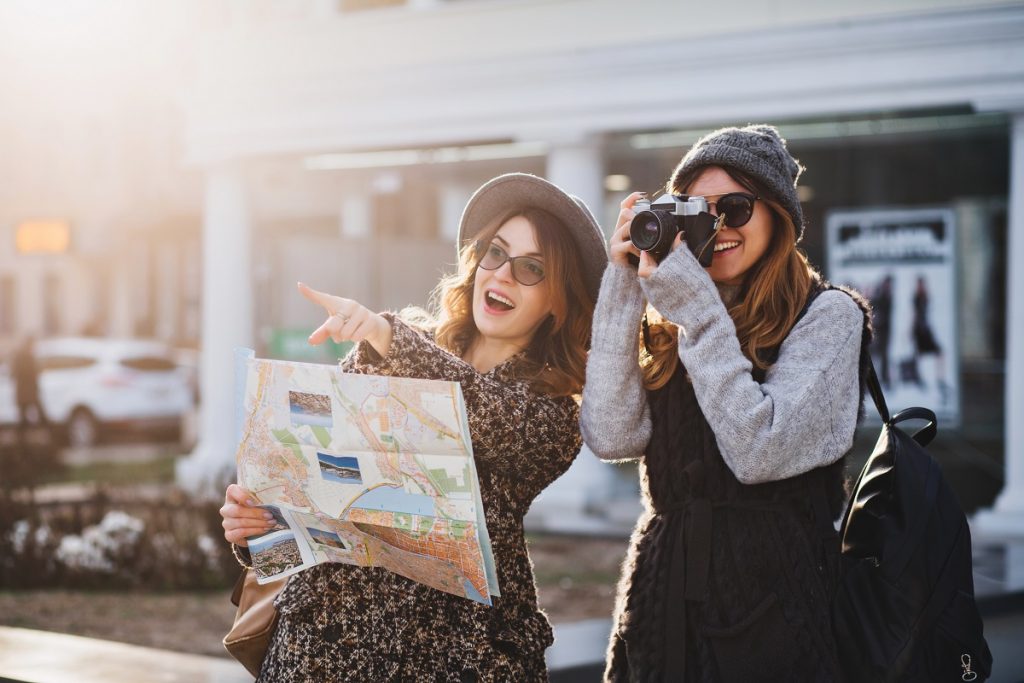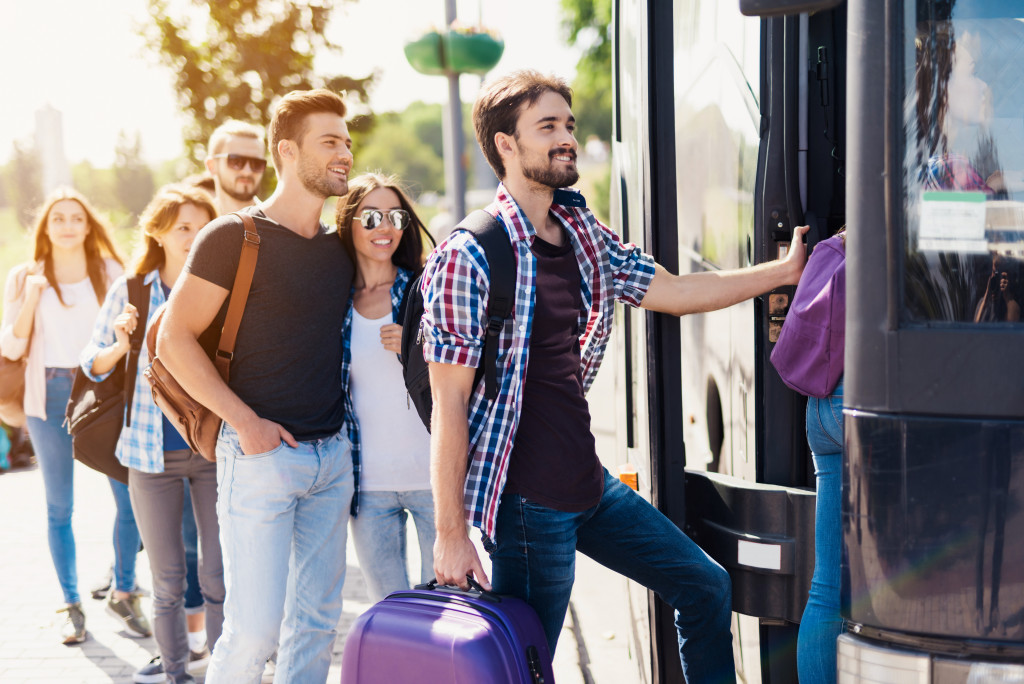The travel industry, especially when you include its close bedfellows tourism and hospitality, dominates modern leisure spending. The numbers in 2018 indicate that it contributes over 10% of the world’s GDP.
Any doubts on this score are easily dispelled on the evidence of the pandemic. Facing mobility restrictions and an unprecedented crisis in the sector, many worried about whether we’d ever be able to enjoy travel again as we’ve come to know it.
Yet this age of turbulence has also made people cast a critical eye on travel. The threat of climate change looms greater each year. Protests against inequality have reminded us that the industry’s economic benefits don’t always trickle down to the local level where they’re most needed.
For some, the real question isn’t whether we’ll get to travel when the pandemic threat truly subsides. It’s whether the negative impacts of travel can truly be justified for the sake of our enjoyment. And the answer might lie in how willing you are to genuinely make a difference through travel.
The empathy controversy
The underlying reasons for travel can be as numerous and diverse as travelers themselves. Not all are tourists. Some rack up the miles purely on business trips, with no room for sightseeing. Others do it to visit friends and family in distant places. And there are those for whom it’s a lifestyle, a job, or both: the digital nomads, travel bloggers, journalists, and hospitality professionals.
No matter the reason, however, it’s commonly held that when we travel, we change. We benefit from being exposed to novelty. When you witness how people do things differently in other countries, maybe participating in those unfamiliar customs yourself, you gain a deeper understanding of people. You appreciate the breadth of diversity more. It helps you build the vital skill of empathy.
But does travel really bring those benefits to a person? Research suggests it’s complicated. Scientists disagree over whether empathy is innate or can be taught, and to what extent in the latter case. And the travel industry itself has come under fire for not being more inclusive, and for reinforcing inequality. Those effects stand in direct opposition to the supposed promotion of empathy.

Travel doesn’t cater to everyone
Inequality on a global scale means that travel experiences are built on a flawed foundation. Wealthy countries hold a massive economic advantage over developing ones. This disproportionately affects the nature and flow of travel.
It’s a lot easier for the average American, for instance, to travel to countries in Southeast Asia or Africa, than it is for the reverse. Tourists from those nations coming to our shores are likely the elites of their population. Their average citizens might only seek to travel here in search of better jobs and living standards — as migrants, in other words.
The travel industry shapes itself accordingly. It caters to those who can afford to spend, and promises comfort, convenience, and entertainment. These become baked into our expectations. We want novelty, but we also want it to be within a sensible range of fun and safety. We want to get our money’s worth.
If you really want to develop empathy for others in the world, you need to stray from those curated experiences. Skip the fine dining and try a restaurant where locals really go for breakfast, lunch, and dinner. Ditch the travel guides, and resist the urge to check out reviews on the internet.
Change takes effort
Are you actually willing to do that? A lot of people would say it doesn’t sound like their idea of fun. But that’s the thing about really meaningful change: it’s not easy. You need to be deliberate and make an effort.
True empathy, or something reasonably close to it, isn’t something you can develop without walking a mile in someone’s shoes. Even if you interact with different people on your journeys, you won’t get that. Not if they’re people whose job it is to serve you, make sure you have a great time, and leave with a wonderful and inaccurate impression of their country.
If you want to gain a real grasp of another culture and bridge social gaps, you need to understand the context in which these people exist. Study their history, read their literature, get acquainted with the works of their artists. Consume the local pop culture, not just what’s on display in museums and heritage sites.
It sounds a lot like taking a course in Destination Country 101. And that’s the point. Thinking that you could build genuine empathy and understanding by doing any less is only going to lead to disappointment.
Maybe it’s not everyone’s idea of fun. But if you come away from your journeys with real empathy, you can truly help change the world. In light of today’s crisis, making sure that every trip changes you into a better person could be the only way to justify future travels.


